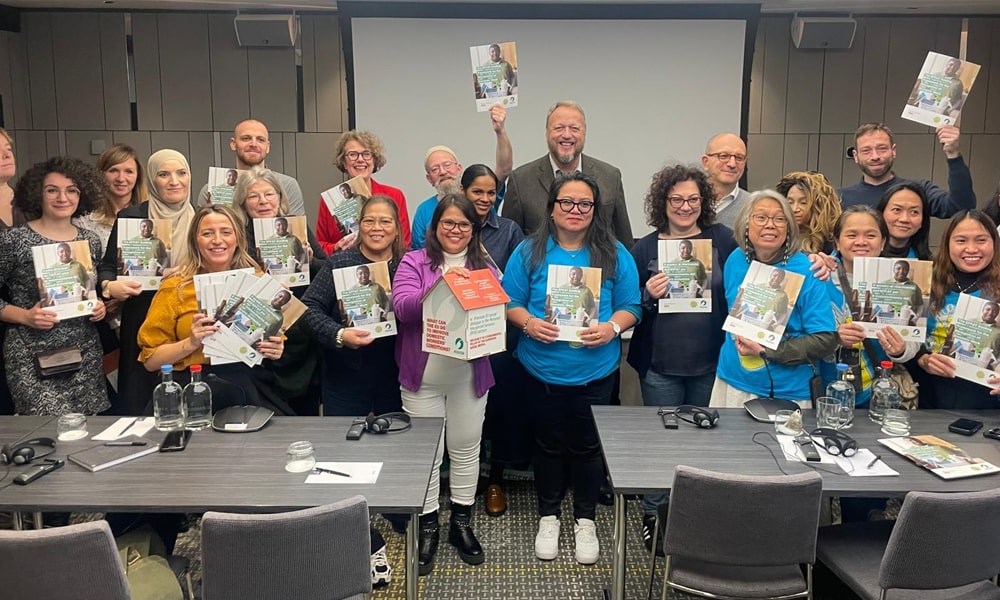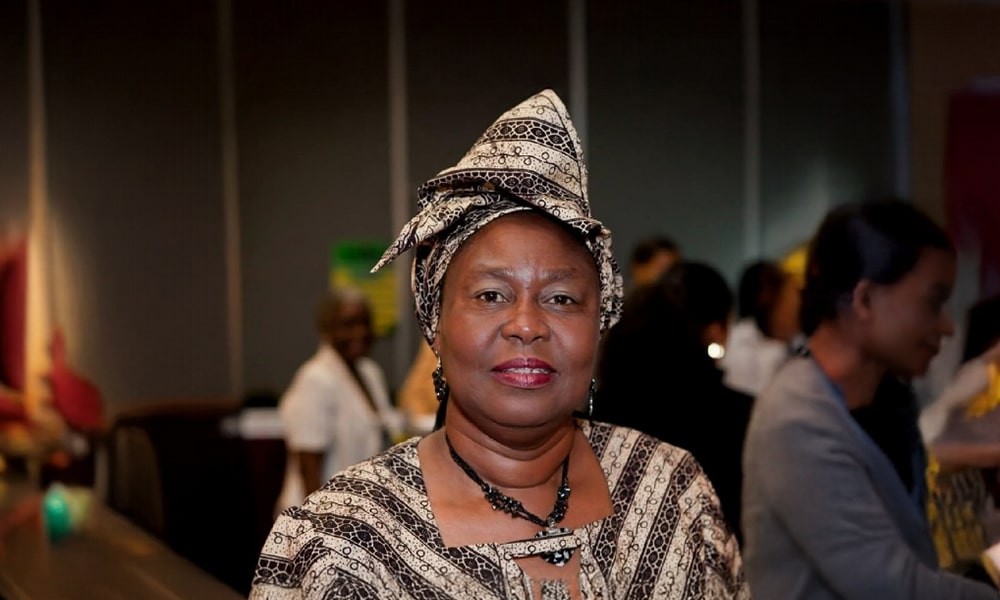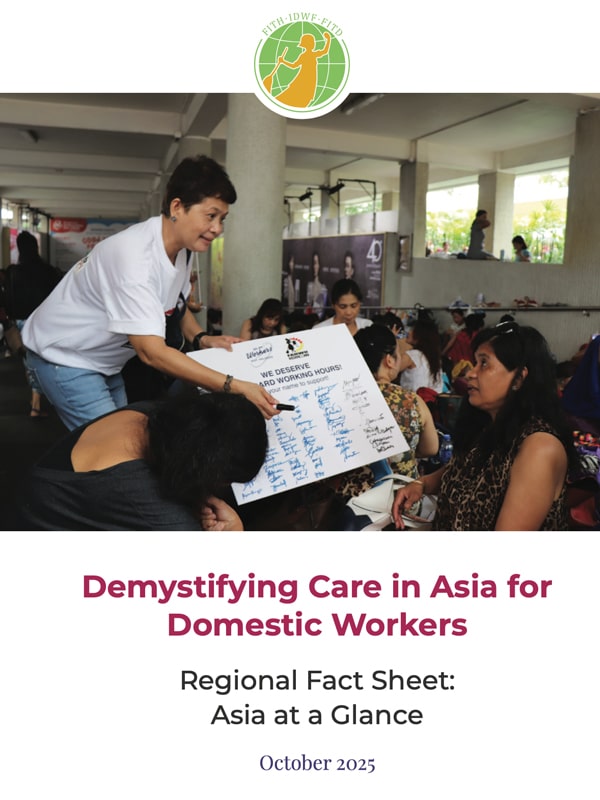Contributors: HTS-Union (UHFTAWU)
In 2016 HTS-Union (UHFTAWU) ran radio campaigns on domestic workers that was not limited to locals, but also migrant domestic workers. As a result over 67 local domestic workers have contacted the union for assistance and guidance while migrant domestic workers have been rescued from forced labour and abusive employment.
Details
HTS-Union (UHFTAWU), the Ugandan domestic workers union, is defending the rights of Ugandan women migrating abroad as domestic workers. Through a radio program, they’ve reached many workers who they’ve been able to help escape and get justice. The union is seeking to monitor recruitment agencies and push the government to create strong bilateral agreements with receiving countries, who seek Ugandan women for cheap labor and because they speak English.
SHORT REPORT ON MIGRANT DOMESTIC WORK IN UGANDA BY HTS-Union
In 2016 HTS-Union (UHFTAWU) ran radio campaigns on domestic workers that was not limited to locals, but also migrant domestic workers. As a result over 67 local domestic workers have contacted the union for assistance and guidance while migrant domestic workers have been rescued from forced labour and abusive employment.
In the Month of October 2016, the union supported a migrant domestic worker in the UAE, coordinating with the Ministry of Labour, so that she could return to Uganda. The union met with the agency which trafficked her and we demanded her recruitment fees be refunded to her (Ugx.2,000,000), which was paid to her.
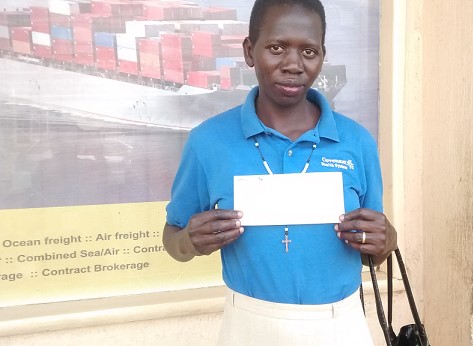
In another case; on February 3, 2017 we were contacted by a migrant domestic worker in Oman. She was being held in custody by her employer and the sons wanted to rape her. She had gotten our mobile number from the radio campaigns before she left for Oman. We exchanged text messages with her agency’s mobile contacts and we talked until she was booked a ticket back home on March 8, 2017.
In the month of March, 2017, we rescued a migrant domestic worker from her abusive employer in Oman. We were contacted by her father after hearing the radio campaign. On 23 April she was able to return.
It is prudent to note that migrant domestic workers in the Middle East countries, especially Saudi Arabia which is so interested in these workers, are so vulnerable now that the ban which had been slapped onto exportation to the said countries has been lifted by Uganda government. The ban on MDW in the Middle East was lifted on March 10, 2017 and effected on 1st April 2017. Therefore these MDWs require protection, to be informed about their rights, and what should be expected from them.
Following the lifting of the ban; on 5th May 2017 at 10:00a.m the Union held a meeting with the Commissioner for Employment Services to ascertain the basis for lifting the ban. In the said meeting we noted that;
In addition to Saudi Arabia, Uganda has signed bilateral agreement with the Government of the Hashemite Kingdom of Jordan. The government is holding meetings with other countries where Uganda is exporting domestic labour like Afghanistan, Bahrain, Iraq, Somalia, South Sudan, United Arab Emirates, Kuwait and Qatar. The government of Uganda has tried to meet with the government of Oman to officiate their relationship but all in vain. This has caused suspicion about their employment policies and ability to protect Ugandan labour.
Gaps or challenges:
With the ban has been lifted, the external recruitment agencies are operating based on the Employment Regulations of 2011 which has gaps and is in the process of being reviewed. This leaves a lot to be desired, because MDWs are in danger.
Failure of Oman to sign a bilateral agreement with the Government of Uganda has created a situation of continued labour trafficking to Oman. Oman craves for Uganda’s MDWs because they are cheap and yet fluent in the English language.
The government has not finalized the database for migrant workers. This has made it difficult for the Union to track the companies that are sending migrant workers and relating them to the destination country. We cannot come up with a specific figure of total migrant workers leaving Uganda.
The government of Uganda has not been successful in stopping trafficking of domestic workers through the neighboring countries borders, like Kenya and Tanzania, because of legislative issues in different countries, though efforts are ongoing to relate in order to curb human trafficking.
The ministry of labour has licensed 64 employment agencies to deal in externalization of labour in Uganda. However, there is no agency restriction on exporting labour in specific sectors. This makes it challenging for the Union to monitor, since all the licensed agencies have a right to export DWs.
INTERVENTIONS
The Union has held a meeting with the Chairman of the umbrella body of Uganda External Recruitment Association to discuss about signing a memorandum of understanding.
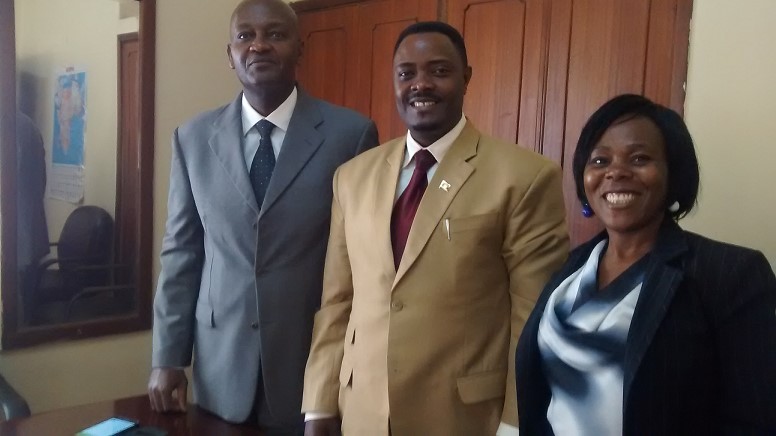
Other than the above, the Union has gone ahead to meet individual external recruitment agencies to understand their operations and the employment agencies they are dealing with and the country.
The Union has received a draft of the Recruitment Regulations and we are in the process of sending our proposals to be included during the review.
The Union has accessed over 158 employment agencies from all the countries that are importing labour from Uganda. These contacts will be of much assistance during the follow-up on MDW issues.

